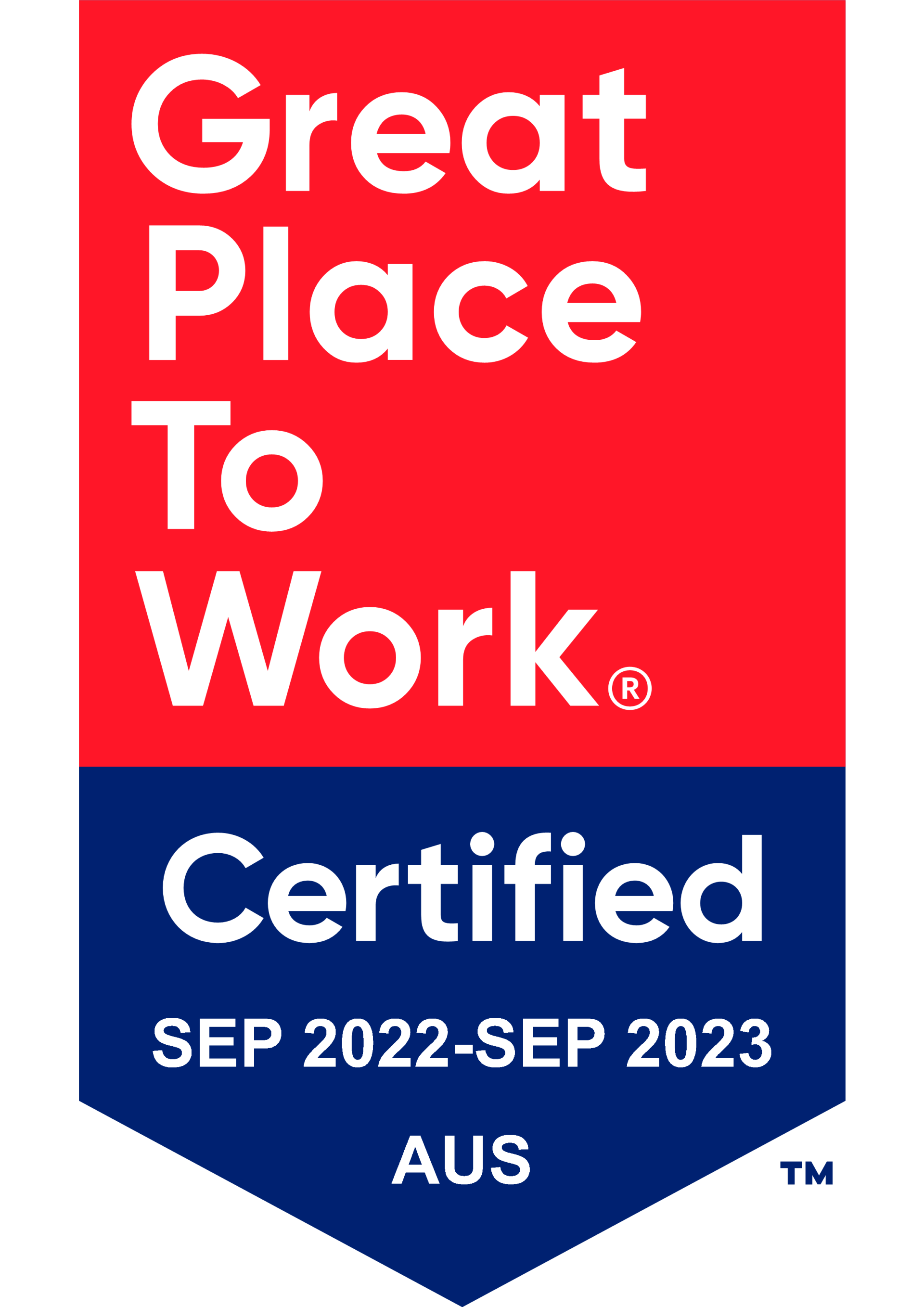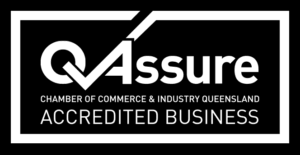International Women's Day
It’s International Women’s Day and for the last couple of months, I have been meeting with senior women leaders to learn about their experiences and the challenges they have overcome to reach this point in their career. All their interviews have been thought-provoking and inspiring and I want to thank them all for being so open with me and sharing their stories. The purpose of these interviews is really to highlight the issues that women still face and what we can do to see more women around the Board Room table.
This years’ theme for International Women’s Day is #balanceforbetter and although things are certainly moving in the right direction, it is definitely still not equally split at senior positions and C-Suite level. So why is this? Why are we still having to have this conversation?
There have been some common themes throughout these interviews that are clearly still making it difficult for women to break through that glass ceiling.
- Women need to be
encouraged. It’s a common theme throughout that women are less likely to apply for roles. This may be due to not having all of the skills required or the fact that they feel they have too much to compromise in terms of life/work balance to take on the role and therefore won’t apply.
- Unconscious Bias is a phrase that is heard a lot and we are all definitely guilty of it and it’s something that is pretty difficult to change. As a generalisation women can experience a lot of scrutiny that would not necessarily be the same for a man. For example, being told that they too emotional because they are passionate about their team or too aggressive because they are direct and outspoken.
So what does it really take to be a good leader? I asked all of the women about the qualities that they admired in a leader or qualities which they have as a leader and it was extremely interesting to hear that a lot of them had very similar responses.
- Authenticity – probably the most common. Finding out who are you and making sure you don’t lose it.
- Empathy – being able to connect with your team as it builds better relationships and ultimately allows you to get the best out of them.
- Passionate – ultimately you need to love what you do.
Every woman I interviewed showed incredible passion for their work and their teams, that it was incredibly easy to see why they were so successful.
They also offered up advice to women starting out in their career and again (not surprisingly) a few were mentioned more than once. Here are my favourites:
- Be resilient – you will have setbacks, but you can learn from every experience.
- Learn the technical skills but also ensure that you develop the soft skills, such as how to communicate.
- Seek out a mentor or a sponsor - someone who is going to champion you and help you to navigate your way through.
It has been incredible speaking with these women, and for someone still early on in their career, it’s extremely inspiring for me to have an opportunity to sit down with these impressive leaders. I hope by sharing these stories on one of the most prominent issues of our time others can also be inspired not to limit their ambition. This is an important conversation, not one that should just be spoken about on International Women’s Day (although it’s nice having a day dedicated to celebrating us). Further interviews will be published in the coming weeks and months, with some brilliant female leaders. If you've enjoyed the content so far and would be interested in continuing the theme of these discussions by discussing your career journey, please feel free to contact me via beth.ferguson@pradigital.com.au or drop me a message on LinkedIn.
Happy International Women’s Day!



